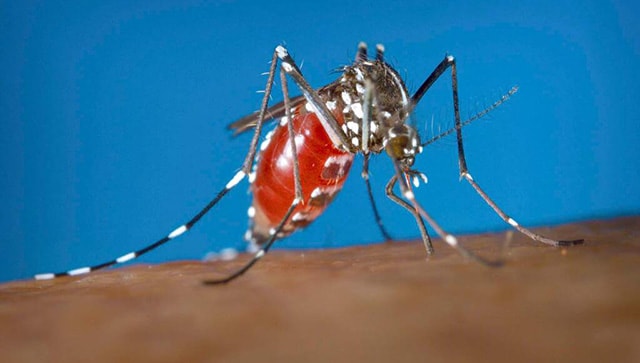Global dengue infections are reaching alarming levels, with an estimated 100 to 400 million cases reported annually, putting half of the world’s population at risk. In response to this grave situation, Indonesia has embarked on an innovative approach to tackle disease-carrying mosquitoes by creating its own army of specially bred insects.
Indonesian researchers have discovered a potential solution in the form of a common bacterium called Wolbachia, present in approximately 60 per cent of insect species, excluding dengue-carrying mosquitoes. Wolbachia has shown promise in reducing the growth of viruses like dengue, Zika and yellow fever in mosquitoes, thereby preventing the spread of these diseases to humans.
To create these specialised mosquitoes, scientists are injecting common mosquitoes with Wolbachia bacteria. When these Wolbachia-carrying mosquitoes breed with regular mosquitoes, they pass on the bacteria. The research, initiated in 2011, has yielded significant results by 2021, demonstrating a 77 per cent reduction in dengue incidents and an 86 per cent decrease in hospitalisations in the treated areas compared to control zones.
“The result is fantastic because we were able to reduce 77 per cent of dengue incidents in the area with Wolbachia intervention compared to the control areas and what is even more interesting is that hospitalisation was also decreased by 86 per cent. With high acceptance also with the community and the stakeholders, we believe this can be implemented to eliminate dengue (fever) and other mosquito-borne diseases in Indonesia,” said World Mosquito Programme lead researcher Adi Utarini.
Release plans and controversy
Buoyed by the success of the study, Indonesia had planned to release 200 million of these genetically modified mosquitoes to combat dengue. However, the plan has faced indefinite postponement due to harsh criticism. Critics argue that the mosquitoes were tested on only 4,500 people, a sample size deemed insufficient for such a significant undertaking.
Scepticism surrounds the potential risks associated with releasing millions of genetically modified mosquitoes. Questions have been raised about the possibility of a new pathogen emerging if a mosquito bites a person. The analogy of a real-life “Jurassic Park” scenario with insects adds a layer of concern, emphasising the potential dangers and unintended consequences of this ambitious project.
Legal and ethical issues
Legal perspectives have been brought into the discussion, emphasising the state’s obligation to protect its citizens rather than subjecting them to experimental initiatives. Critics argue that turning citizens into unwitting participants in a large-scale experiment is ethically questionable demanding more stringent evaluations and safeguards.
While Indonesia’s mosquito programme displays creativity and potential, it faces significant challenges that need to be addressed before implementation. The controversy surrounding the initiative highlights the need for thorough research, extensive testing and comprehensive public engagement to ensure the safety and effectiveness of such groundbreaking approaches in the fight against mosquito-borne diseases.
Views expressed in the above piece are personal and solely that of the author. They do not necessarily reflect Firstpost’s views.
Read all the Latest News, Trending News, Cricket News, Bollywood News,
India News and Entertainment News here. Follow us on Facebook, Twitter and Instagram.

Rohit Malhotra is a medical expert and health journalist who offers evidence-based advice on fitness, nutrition, and mental well-being. His articles aim to help readers lead healthier lives.


